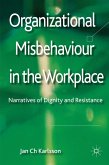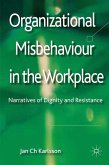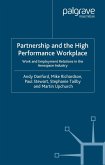Based on qualitative work in car plants in Argentina, this book offers new insights for an understanding of workers' collective struggles in a radical perspective. Criticizing the use of injustice as the basis of mobilization, it argues that workers' collective resistance should be seen as a function of the development of solidarity.
'A distinctive element is the strength of the quotes by workers; they bring to life the fluidity of the dynamics underlying collective action. In his preface, the author notes that 'whether [his] reconstruction is convincing, coherent and supported by empirical evidence is for the reader to judge' (p.xiv). From this reader's point of view it is convincing, coherent and well supported.' - Work, Employment and Society









